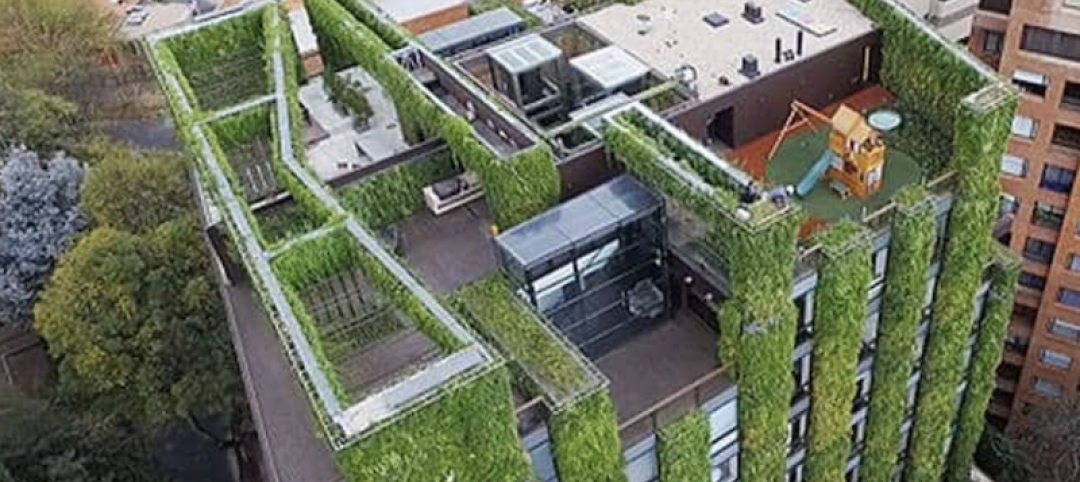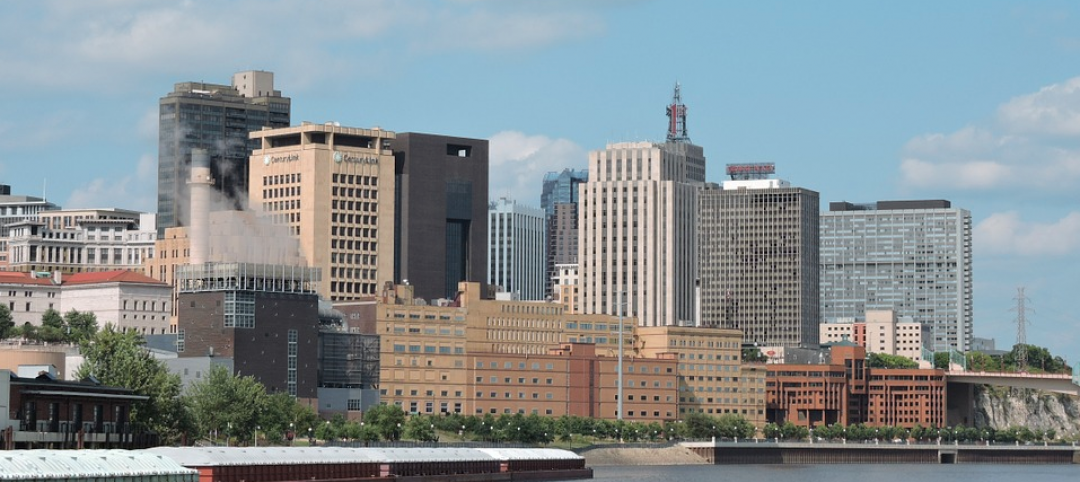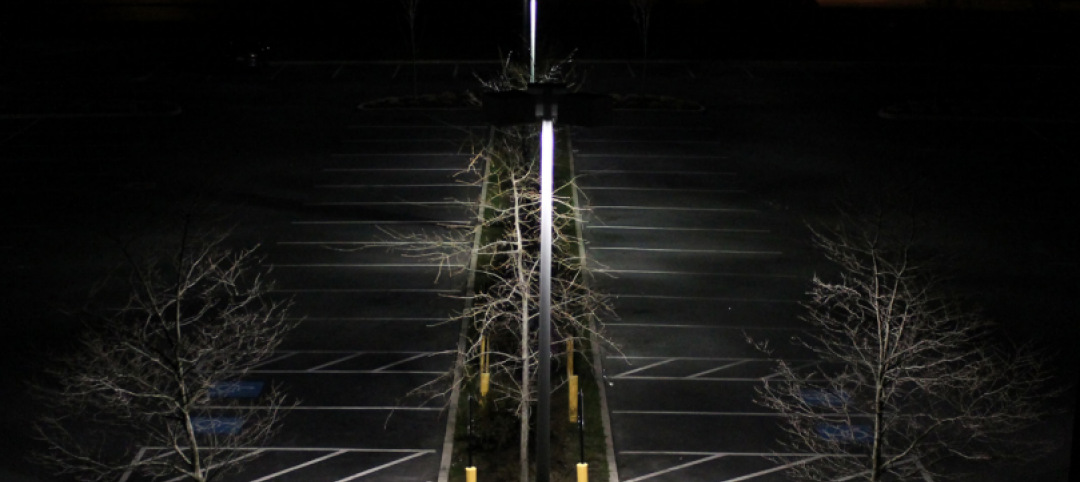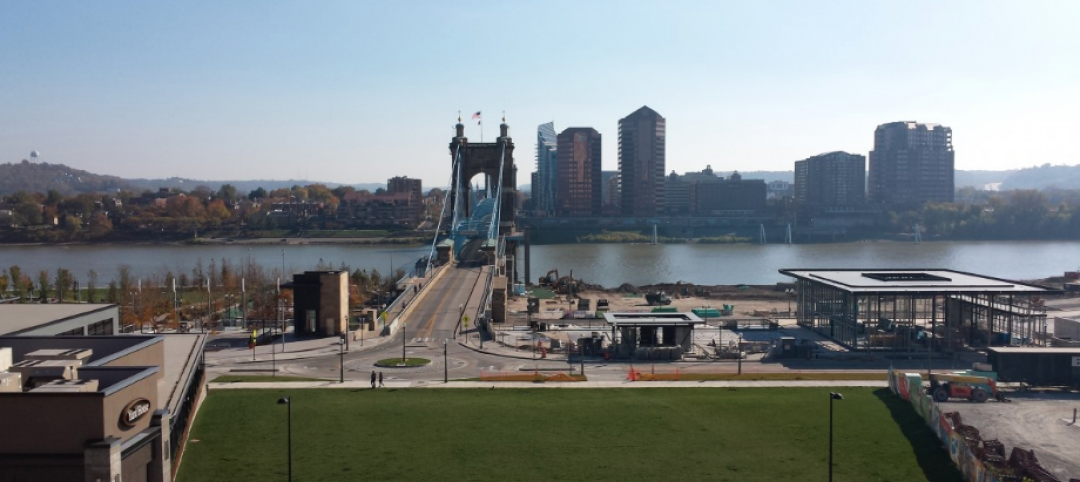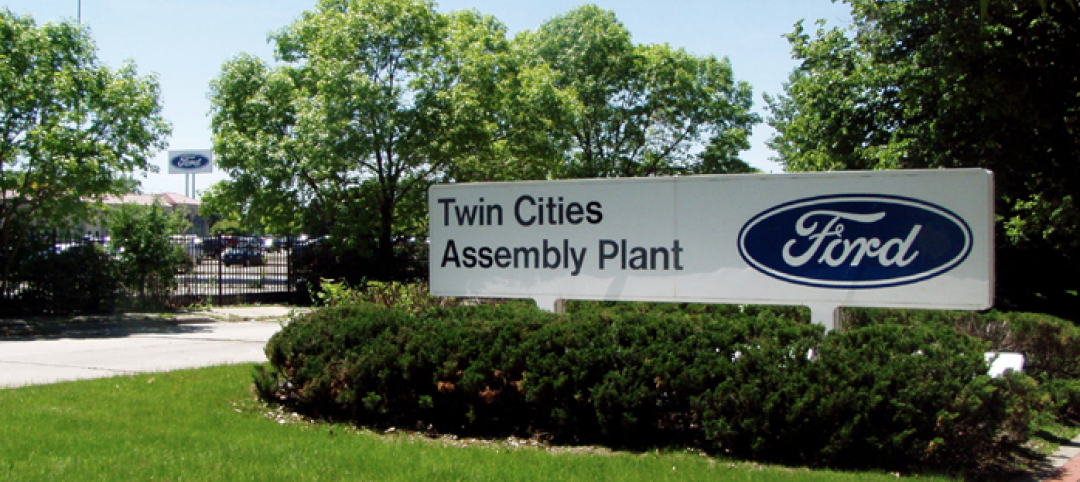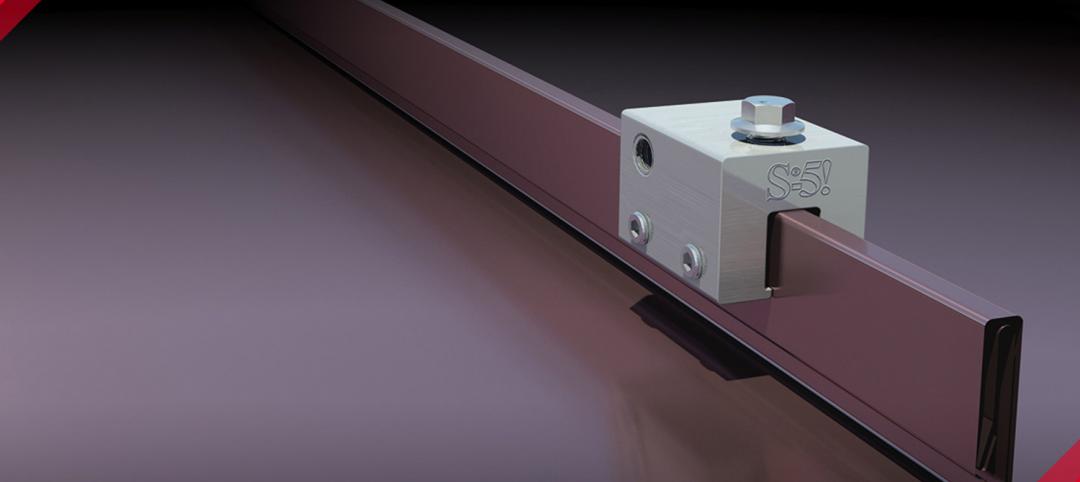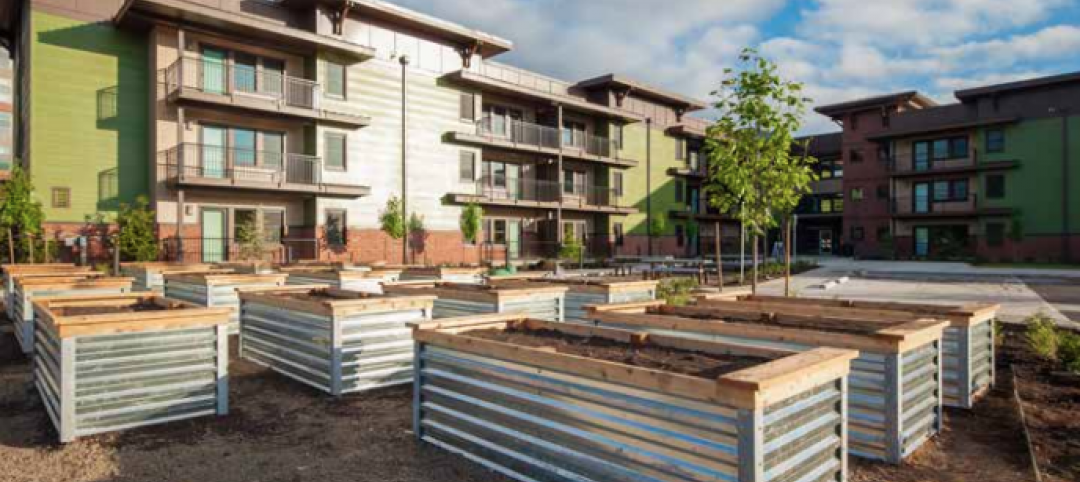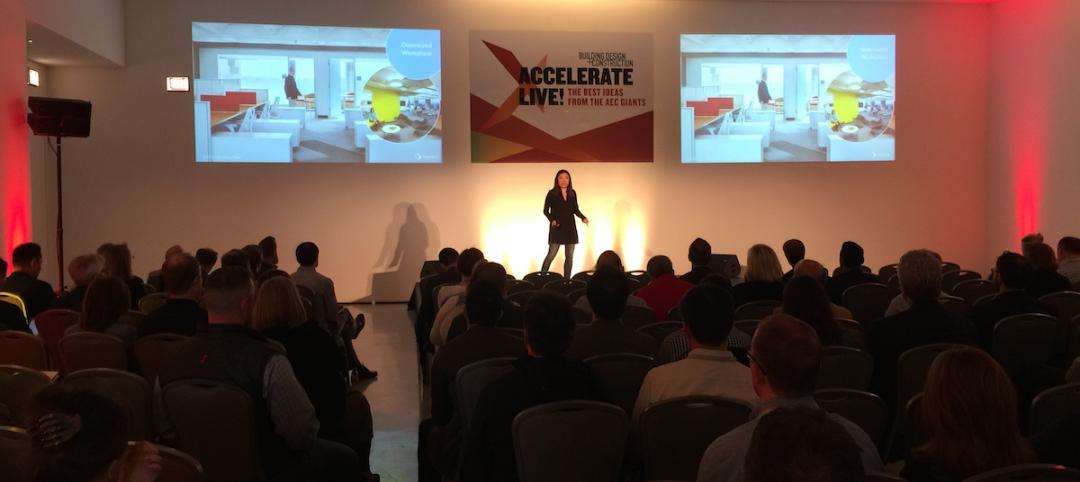A recent study of over 100 clients, all senior-level real estate development or property management executives by construction management firm Structure Tone finds that while much more common than in years past, sustainable building practices are still seen as cost-prohibitive by many building and real estate leaders.
The anonymous survey was intended to take a snapshot of sustainability in practice across the real estate community. Questions centered on participants’ opinions on third-party certification systems like LEED, challenges to building green, and the newer pressures of climate change resilience and wellness in the built environment.
The responses, collected informally and not as a scientific sampling, illuminated several key points:
1. Sustainability is more commonplace but still seen as cost prohibitive: 66% of respondents reported incorporating green features to lower operating costs and 36% are looking to eliminate red-list building materials, but upfront costs are still seen as the #1 hindrance to true sustainability.
2. LEED is still the most prevalent program but others are growing. 8% of respondents plan to do a Living Building Challenge within the next two years.
3. Resiliency is a growing concern. 59% reported they are seeking outside expertise in resilient building.
4. Employee wellness is also a rising factor. 95% consider wellness essential, expected or emerging in the built environment. Leadership (44%) and the millennial generation (40%) are seen as driving this new focus and reported attracting and retaining employees as the #1 reason for the growing interest.
“Now that sustainability is well established in our industry and resilience and wellness are increasingly being included in that conversation, we really wanted to take the real-life pulse of how much these issues affect our clients’ decision making,” says Jennifer Taranto, Director of Sustainability at Structure Tone, in a press release. “While the findings aren’t necessarily surprising, they definitely indicate a shift in priorities when it comes to holistic, sustainable building across the real estate development community.”
The survey will be conducted on an annual basis with the intention of using the results to help detect and analyze trends resulting from changing building practices and contextual circumstances and determine what impact these trends may have on the state of sustainable building.
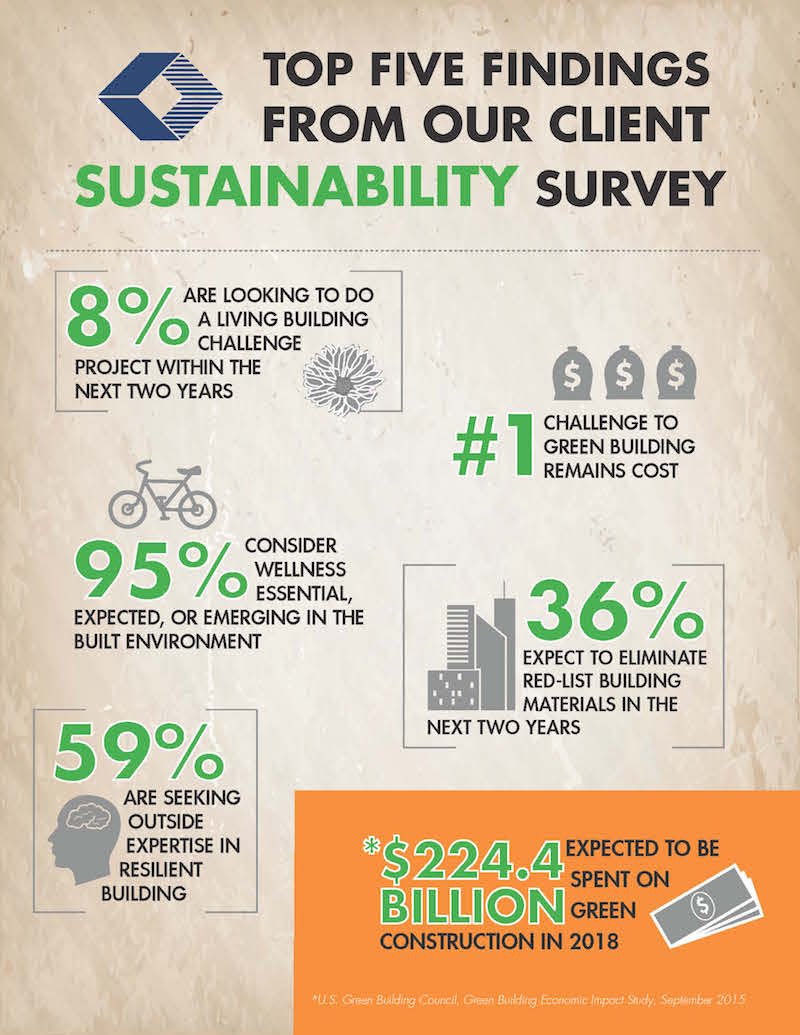
Related Stories
Green | Aug 16, 2018
Vertical gardens: Wellness oases in the urban jungle
When there’s only so much real estate available in urban centers for parks, how’s a developer to bring in more green with biophilic design?
Green | Aug 15, 2018
What if your neighborhood could make you healthier?
The WELL Community Standard equips planners to build health promotion into the very fabric of neighborhoods.
Green | Jul 26, 2018
St. Paul aims for zero carbon in all buildings by 2050
The city is working for better efficiency and sourcing green power to reach its goal.
Green | Jul 26, 2018
DOE releases updated version of Better Buildings Financing Navigator
Version 2.0 provides renewable energy financing options, sector-specific and location-specific financing resources, and a smart database of financing providers.
Green | Jul 24, 2018
Cincinnati’s green approach to sewer discharge expected to save $100 million
Environmentally strategy does have its limits, though.
Codes and Standards | Jul 17, 2018
NIMBYism, generational divide threaten plan for net-zero village in St. Paul, Minn.
The ambitious redevelopment proposal for a former Ford automotive plant creates tension.
Sponsored | Energy Efficiency | Jul 2, 2018
Going solar has never been easier
There is an efficient system for mounting solar panels to roofs and turning roof real estate into raw power.
Multifamily Housing | Jun 27, 2018
To take on climate change, go passive
If you haven’t looked seriously at “passive house” design and construction, you should.
Accelerate Live! | Jun 24, 2018
Watch all 19 Accelerate Live! talks on demand
BD+C’s second annual Accelerate Live! AEC innovation conference (May 10, 2018, Chicago) featured talks on AI for construction scheduling, regenerative design, the micro-buildings movement, post-occupancy evaluation, predictive visual data analytics, digital fabrication, and more. Take in all 19 talks on demand.
Office Buildings | Jun 15, 2018
Portland’s newest office buildings put nature on center stage
Hacker Architects designed the space for Portland’s Frontside District.



